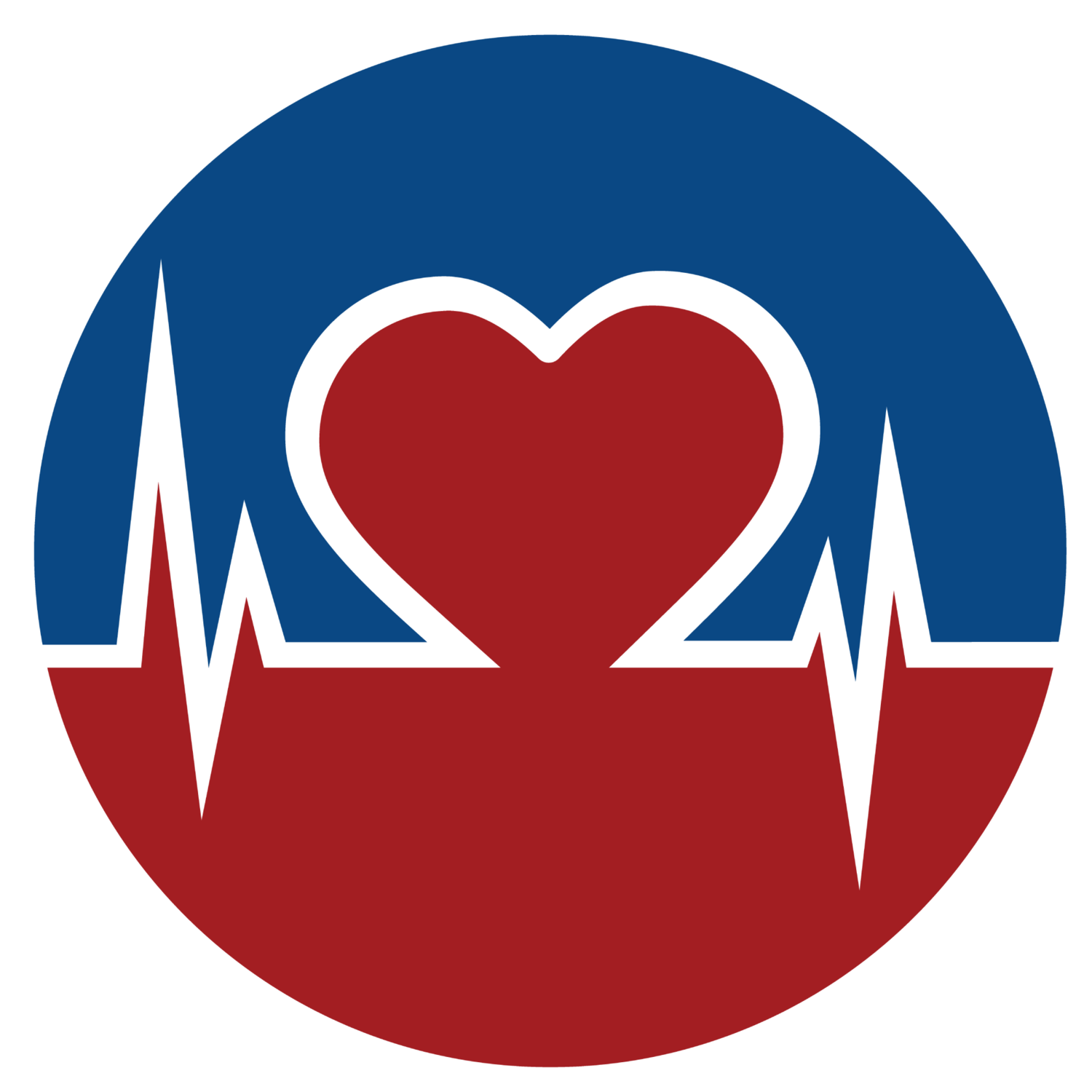Accessing innovative cardiovascular drugs may soon get harder.
A new publication from the Institute for Clinical and Economic Review, a drug price analysis group, assigns a C+ effectiveness grade to cholesterol-lowering drugs known as PCSK9 inhibitors. The lukewarm valuation sets the stage for increased health plan barriers, despite the drugs’ effectiveness in reducing heart attack and stroke risk.
PCSK9 inhibitors work by preventing the PCSK9 protein from destroying a receptor on the liver that clears bad cholesterol. The receptor “lives” longer, clearing more LDL cholesterol for the patient. For some patients who don’t sufficiently respond to traditional statin therapy, the drugs have offered unprecedented improvement.
Read more at Institute for Patient Access.



